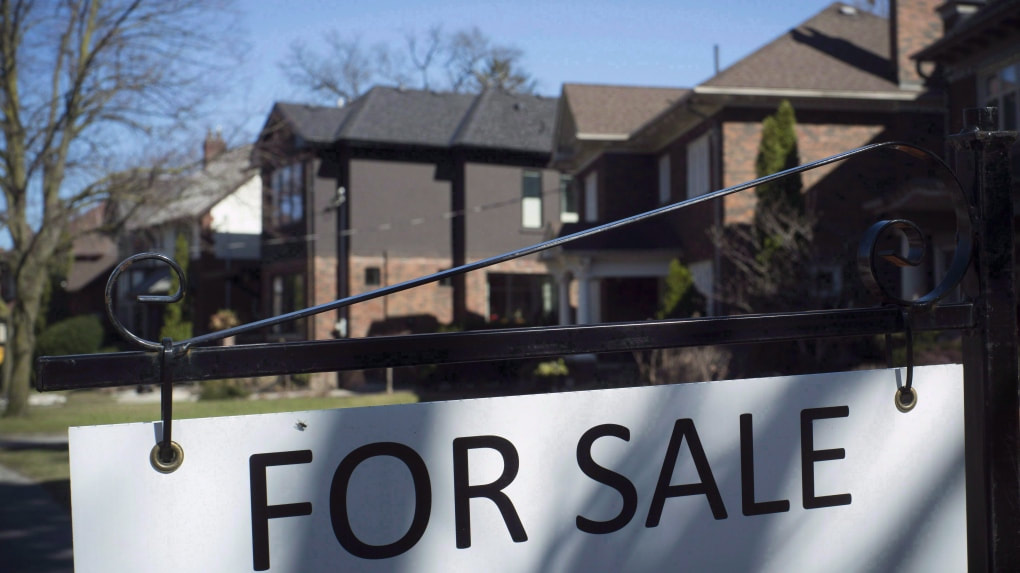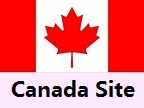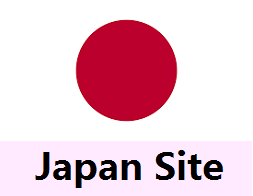Toronto home prices have fallen 'substantially,' RBC says. This is when they could bottom out
|
|
Activity in Toronto’s housing market appears to be levelling off following a sharp decline over the spring that saw home prices drop significantly.
But a new national report from RBC suggests that property values in the city and across Canada are still falling, albeit at a slower pace. “Nationwide, our view is that that benchmark prices will fall 14 per cent from peak to trough and probably a bit more in Ontario,” RBC Economist and report author Robert Hogue told CTV News Toronto in an interview. A for sale sign is shown in front of west-end Toronto homes Sunday, April 9, 2017. THE CANADIAN PRESS/Graeme Roy
But when exactly will prices bottom out and could that be the time to get into the market as a first-time home buyer?
|
The ADs on this page are posted by Affiliate of corresponding companies (not their employee)
Find a domain starting at $0.99powered by Namecheap |
|
According to Hogue, spring 2023 will be time to watch as it could “open some doors” to buyers who have been waiting on the sidelines.
“At that point, we would expect to see affordability start to improve given, hopefully, by then, interest rates will have reached their peak and the big declines in prices will start to flow through better affordability,” he said. Bank of Canada's overnight interest rate vs. inflation rate (%) A comparison of Bank of Canada's (BoC) target for the overnight rate (daily) and inflation rate (monthly). Current overnight rate is 3.75%. “Downward pressure on prices will persist for the time being [in the Greater Toronto Area]. And, in our view, the way to alleviate, at least partly some of the affordability problem, is prices have to fall, so we have prices continuing to fall until the spring.” At the same time, and despite interest rates being the highest they’ve been in more than a decade, Hogue’s report suggests the market hasn’t witnessed what he described as a “distressed selling wave.” |
|
"Delinquency rates remain exceptionally low. And for sure, there is some tension building with higher rates, especially for those with variable mortgages, based on tremendous increase in the interest rates.
“This could potentially lead to trouble for some, but at this point, we're not seeing this,” he said. Hogue went on to say the federal government’s stress test—a tool used to cool down an overheated housing market—will help prevent a “critical mass” of homeowners selling off. The newest iteration of the stress test went into effect in June of 2021 and sees uninsured mortgages set at either the mortgage contract rate plus two per cent or 5.25 per cent (whichever is greater) in order to make sure a homeowner can afford to pay off their house. |
|
Read more on CTV News --------ADVERTISEMENT--------
|
TIPs: Retail Item prices & shipping costs for the same products may differ among different countries. Price comparison is suggested.
New experience! Shopping around different countries, while sitting at home.
New experience! Shopping around different countries, while sitting at home.










